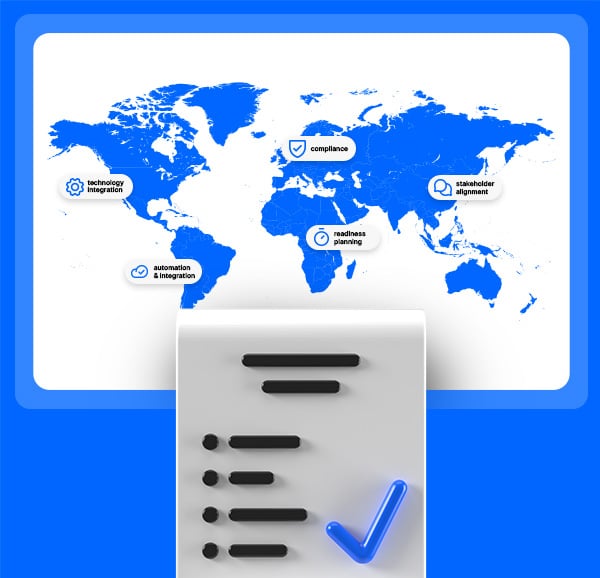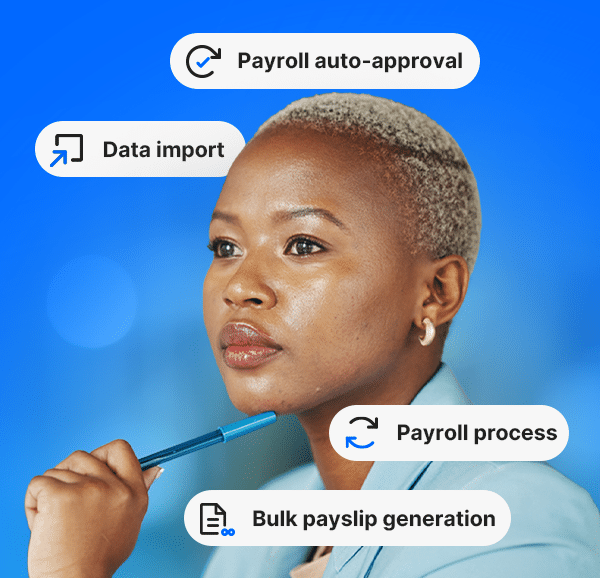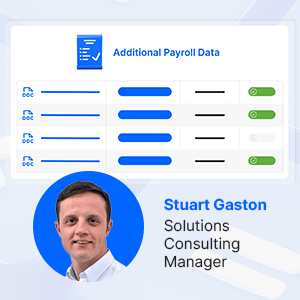by Ferdinand Dragtstra
This is the second in a series of blogs, where we look at challenges with pay and payments in developing and emerging markets.
The rise of technology is improving access to funds for millions of people across the developing world and making it much safer and more affordable to send and receive money. This blog looks at how this has transformed the pay experience in Kenya, and how the country has led the way in transforming pay across Africa, in a way that has the continent leading the path for emerging markets.
The backstory
In Kenya, much of the population lives in rural areas that don’t have the widespread banking facilities that exist in bigger cities like Nairobi.
Because of this, millions of people in Kenya found themselves with very limited access to banking facilities or had to travel long distances for long periods of time to reach them. And even when they reached them, they would often find that the fees and commissions for sending or receiving money were exorbitantly high, limiting the effectiveness of family members working abroad sending remittances home.
Furthermore, in many cases, many people weren’t able to have a bank account at all, which severely limited their ability to buy goods and pay for services due to being entirely reliant on cash.
The rise of airtime
Things started to change in Kenya in the early 2000s as ownership and use of mobile phones became widespread – but the change from a payroll perspective was more or less unintentional.
Back then, pay-as-you-go phone tariffs, where people would buy packages of call minutes, text messages or data packages, were commonplace. And increasingly, enterprising Kenyans were using that ‘airtime’ as a commodity: investing their wages into airtime that they could resell and transfer to other people later on. Many used it as a kind of savings account where their income could be securely stored in a place with easy and convenient access.
This system proved to be the catalyst for the development of more formal mobile-based banking platforms including M-PESA, AirTel Money and many others. These platforms allow people to deposit and withdraw cash using their mobile phone from local agents, who are plentiful in number and spread all over Kenya. As long as you have a mobile phone, you can instantly and safely deposit or withdraw cash, in a place that is highly accessible even to people who live remotely. The systems can even be used for receiving and withdrawing wages, paying bills, and even taking out short-term loans.
Supporting emerging markets with mobile money and payroll
Mobile phone technology has continued to evolve in emerging markets as more and more people have their own smartphone of some kind. This allows access to any of their financial services anytime, anywhere, without having the limitations of traditional banking as we know it.
With an Earned Wage Access solution such as CloudPay NOW, employees all over the world are able to accrue their wages in real time, and collect them in a digital wallet. At any time, and without any need for help from a third party, employees can access their wages and withdraw any or all of it to an account of their choosing.
In summary
Mobile money has been such a success in Kenya that 96 percent of households use it, overcoming the challenges brought by lack of infrastructure of traditional banking. In fact, traditional banks have opened up to the opportunity of mobile money, creating alliances and partnerships to increase its reach through new solutions and services. This underlines the potential of mobile money to completely transform the relationship that people have with their earnings – and by extension, their employers.
Businesses that can enable this type of payment, through Earned Wage Access systems like CloudPay NOW, stand to empower their employees and potentially change their lives for the better. It means employees can access funds quickly, manage their finances better (vital in countries where earnings are low) and store their hard-earned money securely. Through greater adoption of these technologies, the barriers to fairer pay for employees in developing countries can continue to be broken down.
Find out more on CloudPay NOW, our flexible solution for Earned Wage Access, here.


